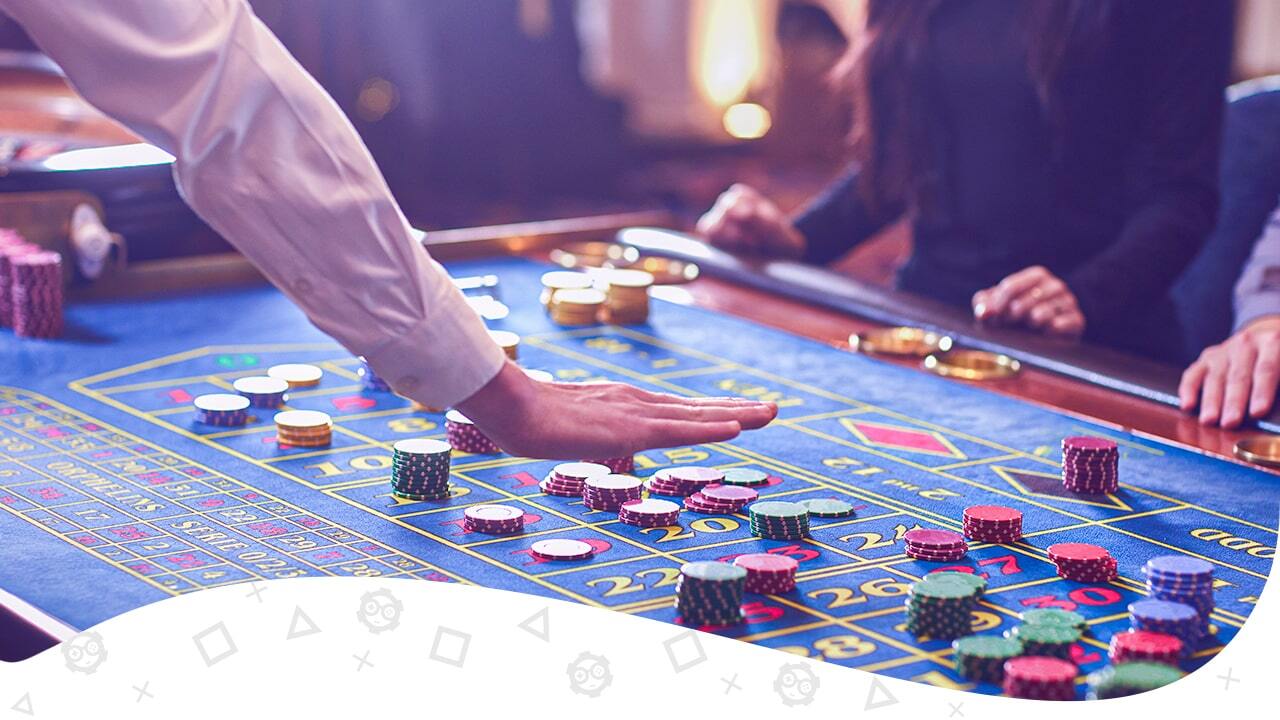Gambling slots machines have captivated gamblers for decades, pulling them into a realm of flashing lights, tempting sounds, and the excitement of luck. These devices, often found in colorful gaming venues, combine elements of chance and tactics, making them an exciting option for beginners and experienced gamblers alike. But what is it that makes these machines so attractive? The answer lies in the complex psychology at play as individuals engage with these colorful reels.
Regardless of whether it’s the wave of anticipation while waiting for the result of a spin or the thrilling feeling of a large win, the emotional response elicited by casino slots is significant. The crafting of these machines is carefully designed to activate the brain’s pleasure system, creating an experience that can be both exciting and compulsive. Grasping the psychological factors at play in engaging with casino slots games can provide understanding into the reasons so many people are drawn to them and how they affect behavior and decision-making in the gaming environment.
Understanding the Appeal of Slot Machines
Slot machines have a distinct ability to enthrall players with their lively graphics and enticing sounds. The bright lights and engaging themes create an welcoming atmosphere that draws people in. Each rotation of the reels offers the possibility of a significant win, fueling a sense of eagerness and anticipation that keeps players coming back for more. This sensory experience plays a vital role in the attraction to casino slots games, as it stimulates not only the mind but also the feelings.
A notable factor adding to the allure of slot machines is the idea of prompt gratification. In contrast to other casino games that demand skill or strategy, slots offer immediate results with each spin. The fast pace of the game allows for rapid engagement, allowing players to experience the rush of winning or the discouragement of losing in a matter of seconds. This instantaneous feedback loop can lead to a extremely compulsive experience, as players pursue the next possible payout while being entranced by the game’s continuous opportunity for adventure.
Furthermore, the mindset of jackpot prospect cannot be ignored. 78WIN COM The allure of hitting a life-changing payout keeps players coming back, usually outweighing the odds against winning. Many players find themselves fantasizing about the chance of striking it rich, fueled by stories of winners who have won huge. This sense of optimism, along with the rush of the game, creates an irresistible lure that shapes the world of casino slots and makes them a popular among gamblers.
The Role of Reinforcement in Gambling
The role of reinforcement plays a significant role in the psychology of engaging with casino slots games. When players participate with these machines, they face various forms of reinforcement that can affect their behavior. Positive rewards is particularly powerful; obtaining a win, or even the chance of winning, can create a thrill that keeps players coming back for more. The immediate feedback from the reels turning, coupled with audio cues and visual stimuli, further enhances this gratifying experience, reinforcing the desire to continue playing.
The unpredictability of winning in casino slots games also ties into the concept of intermittent reinforcement. https://78win1.dev/ This psychological phenomenon happens when payouts are given out at random intervals, making the anticipation of a potential win more thrilling. Players may go for long periods without notable wins but are drawn back by recollections of past jackpots or the possibility of future ones. This variability heightens excitement and keeps players waiting for that next big payout, embedding them deeper into the betting cycle.
Finally, the social aspect of playing casino slots games can amplify reinforcement. Many players enjoy the shared environment of a casino, where they might witness others achieving victories, celebrate wins, or even sympathize over losses. This social reinforcement can create a collective experience that encourages ongoing engagement. Players might feel motivated to continue not only for individual benefits but also to experience the camaraderie that comes with playing, reinforcing their connection to the game.
The Impact of Casino Game Design on Player Behavior
The design of slot machines plays a vital role in shaping how players act and enhancing the gaming experience. Features such as visuals, sound effects, and themes are intentionally crafted to attract players and keep them engaged. Bright colors and inviting animations create a visually stimulating environment that can lead to prolonged play sessions. Additionally, themes ranging from ancient civilizations to popular culture appeal to various interests, making the games attractive to a broad audience. This focused design encourages players to spend more time and money into the gameplay.

Additionally significant aspect of game design is the implementation of incentive structures and elements like extra rounds or free spins. These mechanics are designed to produce a sense of excitement and anticipation, which can trigger the release of dopamine in the brain. This neurological response reinforces the behavior of playing by linking the game with enjoyable feelings. By providing attractive rewards, casinos encourage players to keep playing, which often leads to increased betting and longer gameplay. The psychological thrill of possibly hitting a jackpot or unlocking a bonus keeps players coming back for more.
Finally, the community aspects integrated into casino slots can also affect how players behave. Many contemporary slots include capabilities that allow players to interact with others through rankings or shared achievements. This social aspect can enhance the overall experience, as players may feel a sense of community or rivalry that encourages them to participate more deeply. The combination of individual excitement and group dynamics creates a dynamic environment that not only amuses but also encourages consistent gameplay, showing how deliberate game design can greatly impact player behavior.
